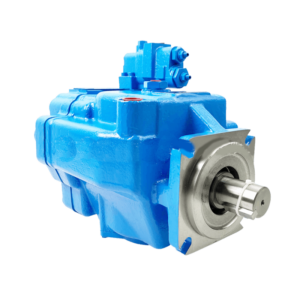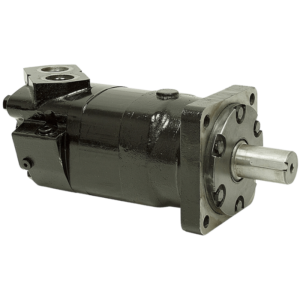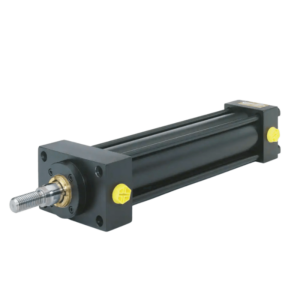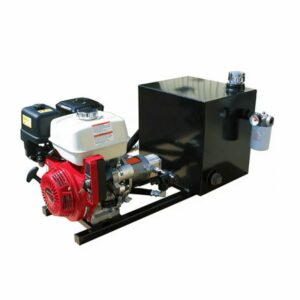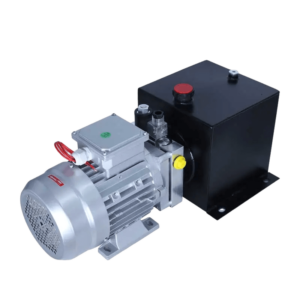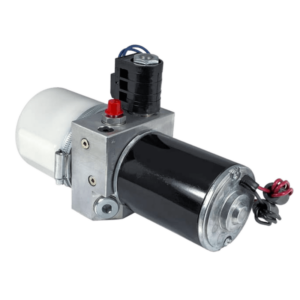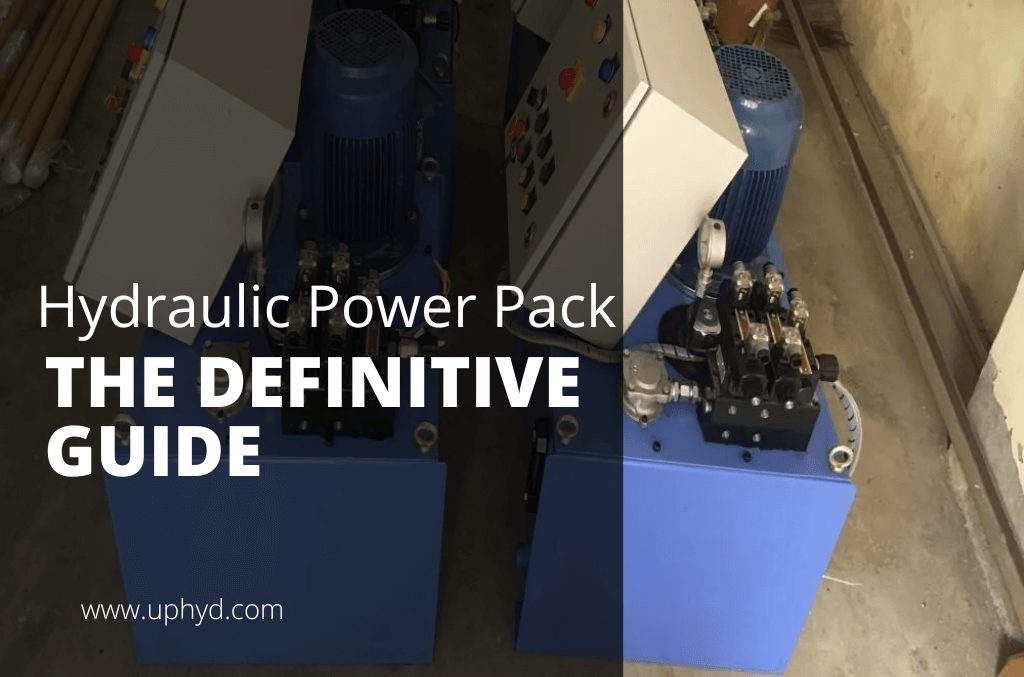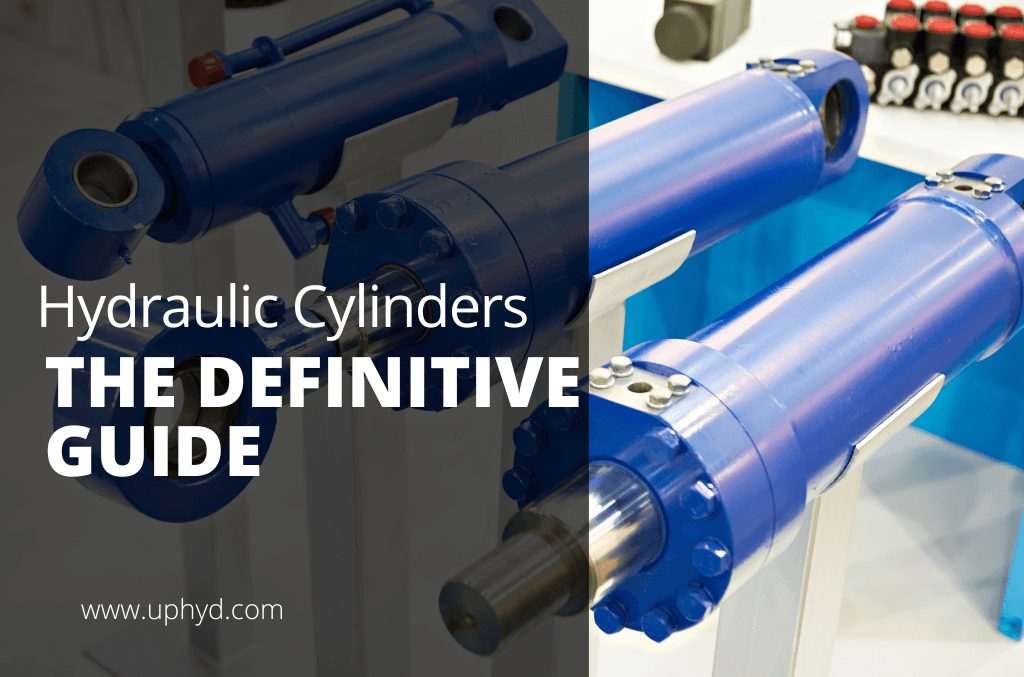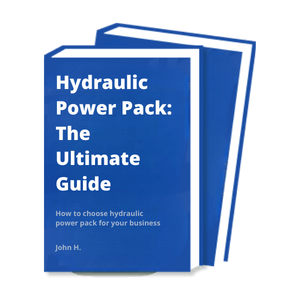PRODUCT FEATURES
Single Acting Cylinder Manufacturer to Rocket Your Business
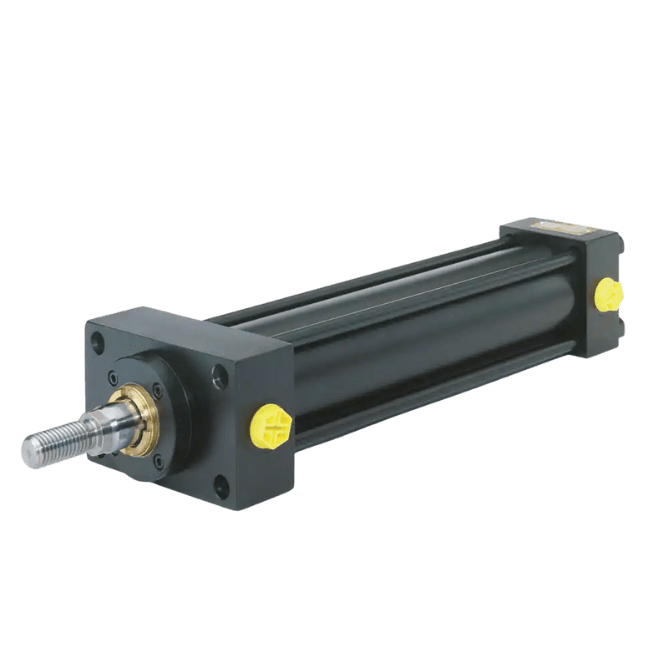
PRODUCTS
Proud To Offer a Wide Variety of Products
If you are looking for something specific that isn’t listed on our website yet, just contact us today!

ABOUT US
Who is Uphyd.com
Uphyd.com have seen that today there are also many hydraulic power pack companies in China & internationally. However, their solutions were still stuck a few years ago.
In fact, we have been upgraded in recent years, and uphyd.com hope our smart and flexible solutions can inject fresh blood into this market.
PARTNER
Trusted by 530+ Top Companies





BUYER’S GUIDE
The Definitive Guide to Single Acting Cylinder
As a business owner, you understand the importance of efficiency and maximizing productivity. To do so, you need to have reliable tools and equipment that can help get the job done quickly and easily. That’s where single-acting cylinders come in.
This guide will teach you everything you need to know about single-acting cylinders, from their parts and functions to their types and industrial applications. We’ll also outline the steps on how to work with a manufacturer and some tips that can help you along the way.
So, whether you’re looking to purchase your first bulk single-acting cylinder or simply want to learn more about them, this guide has you covered!
Table of contents
1. Single Acting Cylinder: What Is It?
A single-acting cylinder is a hydraulic or pneumatic device that uses hydraulic fluid or compressed air to produce linear force. The force exerted by the piston is transferred to an attached load, such as a piece of machinery or a structure. They are often used in construction and manufacturing because they can exert a large force with a relatively small amount of input energy.
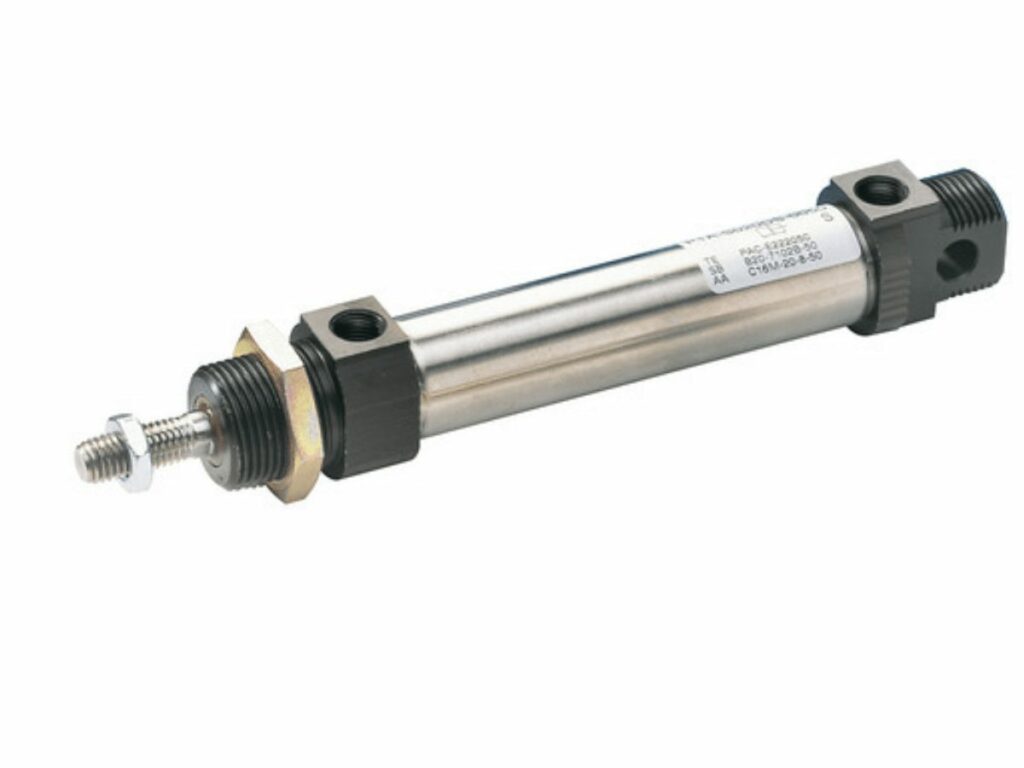
2. Key Features
Single-acting cylinders have many key features that make them ideal for a wide range of applications. Here are some of the most important:
Easy to Maintain
Single-acting cylinders are very easy to maintain. There are few moving parts, so there is less wear and tear. This means that they require less frequent maintenance and can last longer than other types of cylinders.
Safe
These cylinders are much safer than other types because the pressure is only applied in one direction. This means that there is less chance of an accident or injury.
Less Likely to Fail
Since single-acting cylinders have fewer moving parts, they are less likely to fail. This makes them ideal for applications where reliability is critical, such as in industrial machinery.
Generate Less Heat
Single-acting cylinders generate less heat than other types of cylinders because the pressure is only applied in one direction, so there is less friction. This makes them ideal for applications where heat generation is a concern such as in electronics assembly.
Low Cost
Single-acting cylinders are very cost-effective. They are simple to manufacture and require less material than other types of cylinders. This makes them less expensive to purchase and maintain.
Durable
Single-acting cylinders are very durable. They can withstand a lot of wear and tear, so they can be used in applications where they will be subject to heavy use. This makes them ideal for construction or industrial applications.
3. Main Component and Their Function
Now that we know the key features of a single-acting cylinder, it’s time to take a look at each of its main components and what functions they serve.
Piston
The piston is the moving part of the cylinder that does the work. It is connected to the rod, which in turn is connected to whatever it is you’re trying to move. The piston is sealed in the cylinder so that only the rod can extend out of it.
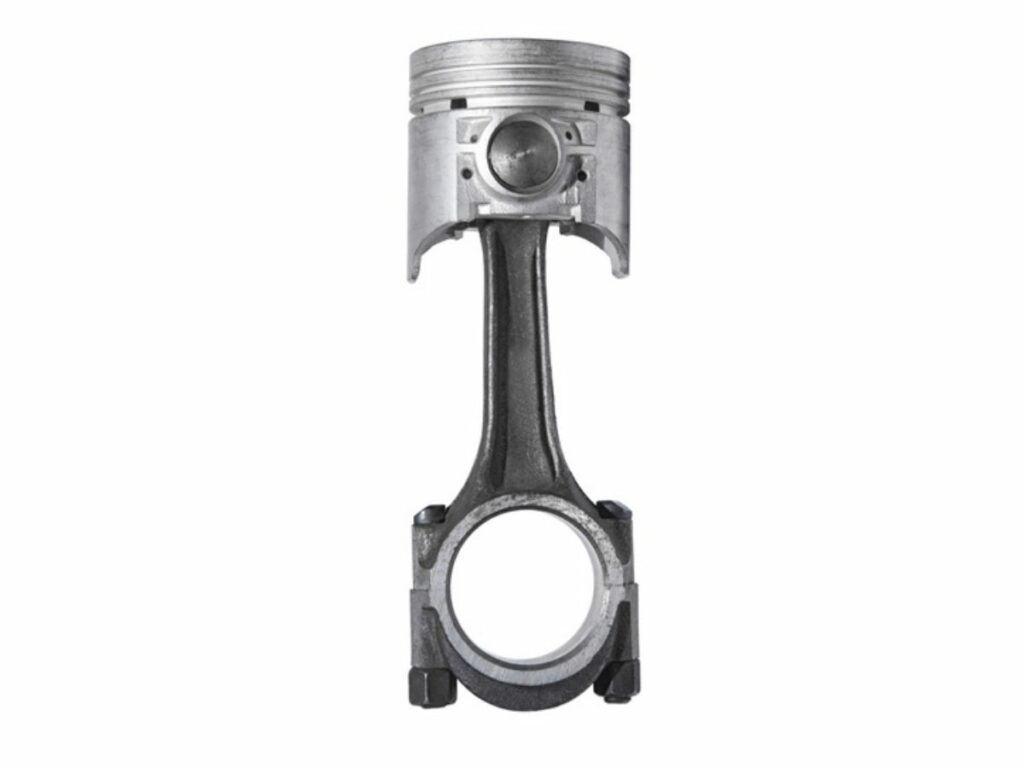
Seals
Seals are what keep the hydraulic fluid inside the cylinder, where it belongs. There are two kinds of seals: static and dynamic. Static seals are placed between the piston and the cylinder wall to prevent fluid from leaking out as the piston moves. Dynamic seals are placed between the piston and the rod to prevent fluid from leaking out as the rod extends and retracts.
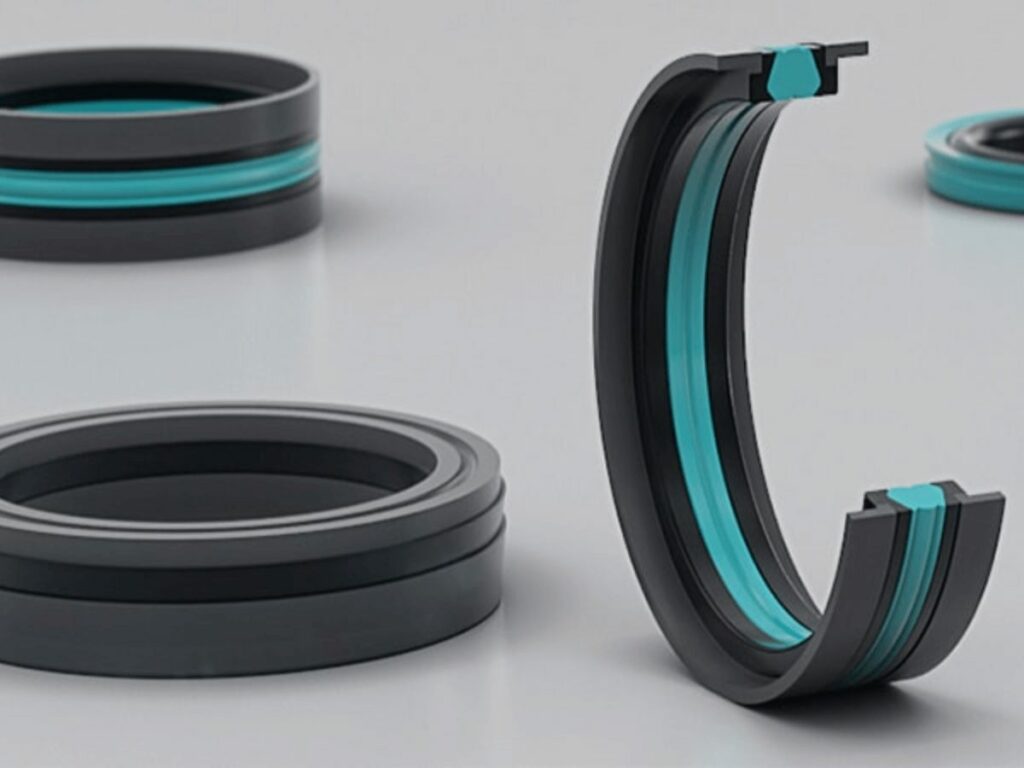
Piston Rod
The piston rod is what connects the piston to whatever it is you’re trying to move. It is also what allows the piston to move back and forth inside the cylinder.
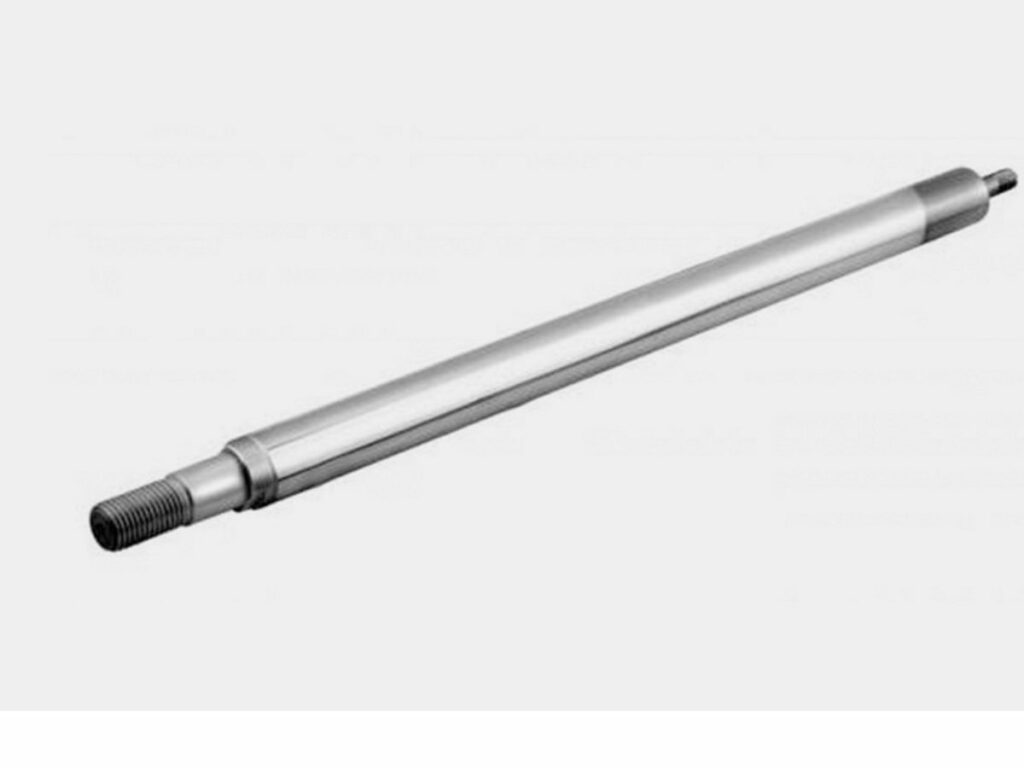
Ports
Ports are openings in the cylinder that allow hydraulic fluid to enter and exit. There are two kinds of ports: inlet and outlet. The inlet port is where hydraulic fluid enters the cylinder to push the piston out. The outlet port is where hydraulic fluid exits the cylinder as the piston is pushed back in.
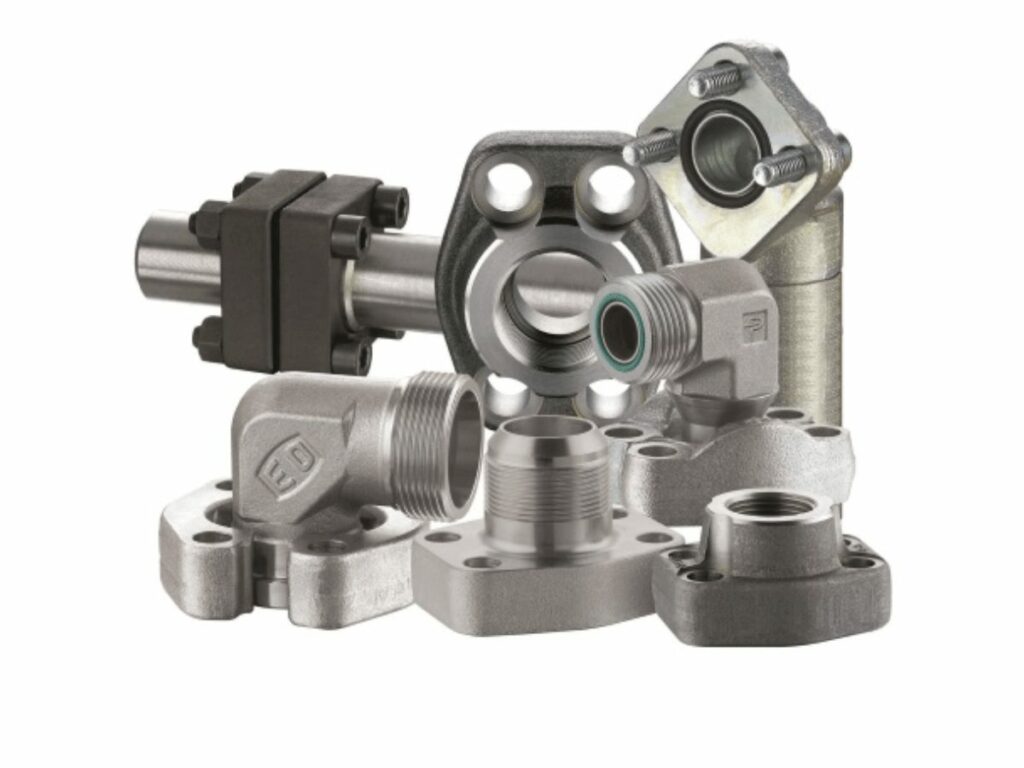
Hydraulic Fluid
Hydraulic fluid is a type of oil that is used to lubricate and cool the moving parts of the cylinder. It also helps to keep the seals in good condition.
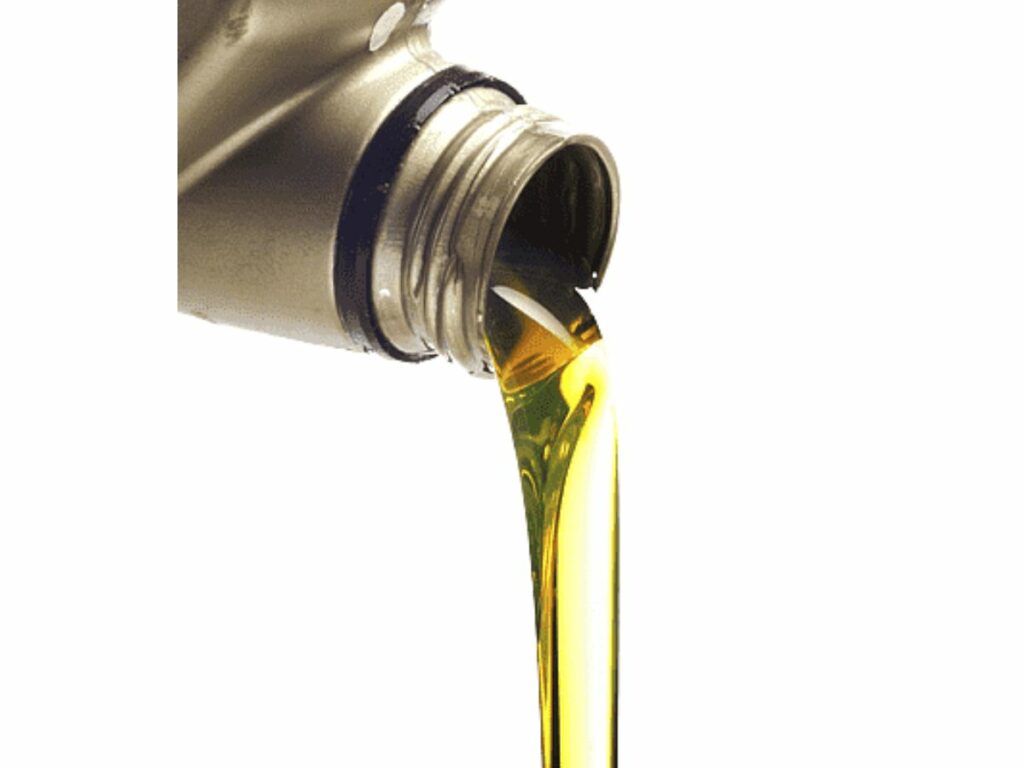
4. 2 Main Types of Single Acting Cylinder
Single acting hydraulic cylinders come in two types: spring-extended or spring-return. Let’s discuss these two types in more detail.
Spring-Extended
Spring-extended cylinders are often used to keep a load in position, such as when lifting a hefty object. The spring inside the cylinder pushes the piston outward, extending the rod. When power is removed, the spring maintains the piston in position and retains the weight.
These cylinders are also used in applications where frequent, repetitive stroking is required. The springs help reduce the wear on the seals by providing a cushioning effect. They are often used in applications such as automotive assembly lines.
Spring-Return
Spring-return cylinders are used in applications where the load must be continually returned to a specific starting position. The spring inside the cylinder retracts the piston and rod when power is removed. This ensures that the load is always in the same position, making it ideal for use in machines with moving parts
These cylinders are often used in door-opening applications. For example, the cylinders that open and close automatic doors at grocery stores are typically spring-return cylinders.
5. 6 Industry Application
Single hydraulic cylinders are found in a variety of industrial applications. Here are 6 of the most common uses for these cylinders:
#1 Construction
They are used in a variety of construction equipment, such as excavators, backhoes, and skid steers. They are used to power the movement of arms, buckets, and other attachments.
#2 Automotive
Single hose hydraulic cylinders are commonly used in automotive assembly lines. They are used to lift and position car doors during the assembly process.
#3 Material Handling
They are used in material handling applications to move heavy loads. They are often used in conjunction with conveyor belts to move items from one location to another.
#4 Agriculture
Single-acting cylinders are used in agricultural equipment, such as tractors and combine harvesters. They are used to power the movement of attachments, such as plows and augers.
#5 Mining
These cylinders are also used in mining equipment, such as rock crushers and drill rigs. They are used to power the movement of jaws, drills, and other attachments.
#6 Manufacturing
Single port hydraulic cylinders are used in a variety of manufacturing applications. They are often used to power the movement of conveyor belts, robotic arms, and other machinery.
6. Difference Between Single and Double Acting Cylinder?
A single-acting cylinder uses pressure on one side of the piston to extend or retract the rod. Whereas, a double-acting cylinder has ports and seals on both sides of the piston, so that fluid can be alternately pressurized on each side, extending and retracting the rod.
| Single Acting Cylinder | Double Acting Cylinder |
|---|---|
| require very little effort to extend or retract the piston | can create linear force in both directions |
| less expensive than double-acting cylinders, making them a more cost-effective option for many applications | are more versatile than single acting hydraulic pumps |
| require minimal maintenance, making them a low-maintenance option for many applications | higher weight capacity than single acting cylinders |
| smaller and lighter than double-acting cylinders |
Single acting telescopic cylinders are typically used for applications that only require linear force in one direction, such as lifting or clamping. Double-acting cylinders are used in applications where linear force is required in both directions, such as in automotive transmissions and construction equipment.
Double-acting cylinders are generally more versatile than single acting hydraulic pumps, but they are also more expensive.
If you want to learn more about the difference between single and double acting cylinder, check this video!
7. The Manufacturing Process
The manufacturing process of a single-acting cylinder can be broken down into several steps. Here’s a step-by-step guide to give you a better understanding of how these cylinders are made:
Step#1 Creating the Body
The first step is to create the body of the cylinder. This is typically done by welding two steel plates together. Once the plates are welded together, they are machined to create the necessary ports and passages for the piston and rod.
Step#2 Adding the Piston
The next step is to add the piston to the cylinder body. The piston is typically made from steel forging, and it is attached to the cylinder body with bolts.
Step#3 Adding the Rod
The rod is then added to the piston. The rod is also typically made from steel forging, and it is attached to the piston with bolts.
Step#4 Adding the End Caps
Then, the end caps will be added to the cylinder body. The end caps are typically made from steel plates, and they are welded to the cylinder body.
Step#5 Adding the Seals
The seals are then added to the cylinder. The seals are typically made from rubber or synthetic materials, and they are installed in the end caps.
Step#6 Quality Check
A manufacturing process wouldn’t be complete without a quality check. In this final step, the cylinder is inspected for leaks and other defects. Once the cylinder passes inspection, it is ready to be used in an application.
8. The Average Cost of Single Acting Cylinder
Single-acting cylinders cost around $200 on average. Of course, their average cost can vary depending on some factors. The size of the cylinder, the material it is made from, and the manufacturer all play a role in determining the price.
In general, however, single acting hydraulic hand pumps tend to be less expensive than other types of cylinders because they are simpler in design and construction. As a result, they require less material and labor to produce.
9. How to Work With Single Acting Cylinder Manufacturer
If you need a single-acting cylinder for your business, it’s important to work with a reputable manufacturer. Here are the steps to take to ensure you’re working with a reputable and reliable single-acting cylinder manufacturer:
Step#1 Do Your Research
Make sure to research various manufacturers of single acting hydraulic cylinder for sale before settling on one. Check online reviews and compare prices to get an idea of who is the most reputable and trustworthy.
Step#2 Ask for Recommendations
If you know anyone in your industry who has worked with a single-acting cylinder manufacturer, ask for their recommendation. They’ll be able to give you first-hand insights into which manufacturers are the best to work with.
Step#3 Get Quotes from Multiple Manufacturers
Once you’ve narrowed down your choices, get quotes from each of the manufacturers you’re considering. This will help you compare pricing and get an idea of which manufacturer offers the best value for money.
Step#4 Consider Their Manufacturing Process
When you’re considering different manufacturers, make sure to inquire about their manufacturing process. You want to make sure that the cylinders you receive are of the highest quality and made using the best materials possible.
Step#5 Ask About Their Warranty and Return Policy
Any reputable manufacturer should offer some kind of warranty or guarantee on their products. This shows that they stand behind their products and are confident in their quality. Additionally, find out what their return policy is in case you’re not happy with the cylinders you receive.
Step#6 Make Your Decision and Place Your Order
Once you’ve considered all of these factors, it’s time to make your decision and place your order with the single-acting cylinder manufacturer you’ve chosen.
Step#7 Discuss Feedback and Concerns
As you start using the cylinders, keep an open line of communication with the manufacturer. If you have any feedback or concerns, make sure to bring them up so that they can continue to improve their products.
10. 5 Buying Tips About Single Acting Cylinder
Now that you know everything about single-acting cylinders, it is time to purchase one. But before you make your final decision, here are a few tips that you should keep in mind.
#1 Purpose
First of all, you need to determine the purpose for which you are buying the cylinder. Are you going to use it to sell it wholesale or are you going to use it in the manufacturing process of your company? Depending on the purpose, you will need to choose a different type of cylinder.
#2 Size
As a general rule, the correct size of the cylinder for an application is the one that provides the required force at 80% of the maximum pressure rating. Keep in mind that a higher force can always be generated by increasing the pressure, but you should never exceed the maximum pressure rating.
#3 Bore Diameter
The diameter of the bore is critical in ensuring proper operation and longevity of the cylinder – too small of a bore and the pressure will cause “bottoming out” which can damage both the piston and seals, too large and the airflow required will be excessive.
#4 Maximum Pressure
Maximum pressure should also be considered – many times a higher than necessary pressure rating can be used to increase the duty cycle or reduce potential failure rates.
#5 Material
Materials used in construction are also important – softer metals like aluminum can wear down more quickly than harder materials like chrome-plated steel, but they are often used because of their lower weight or price.
11. Conclusion
Single-acting cylinders can be used in a variety of industries and applications. To ensure you’re getting the highest quality product, be sure to work with a manufacturer you can trust.
At Uphyd, we offer a wide variety of high-quality single-acting cylinders that are perfect for any application. Contact us today to learn more about our products and how we can help you find the perfect solution for your business.
FEATURE BLOGS
READY TO LEARN MORE?
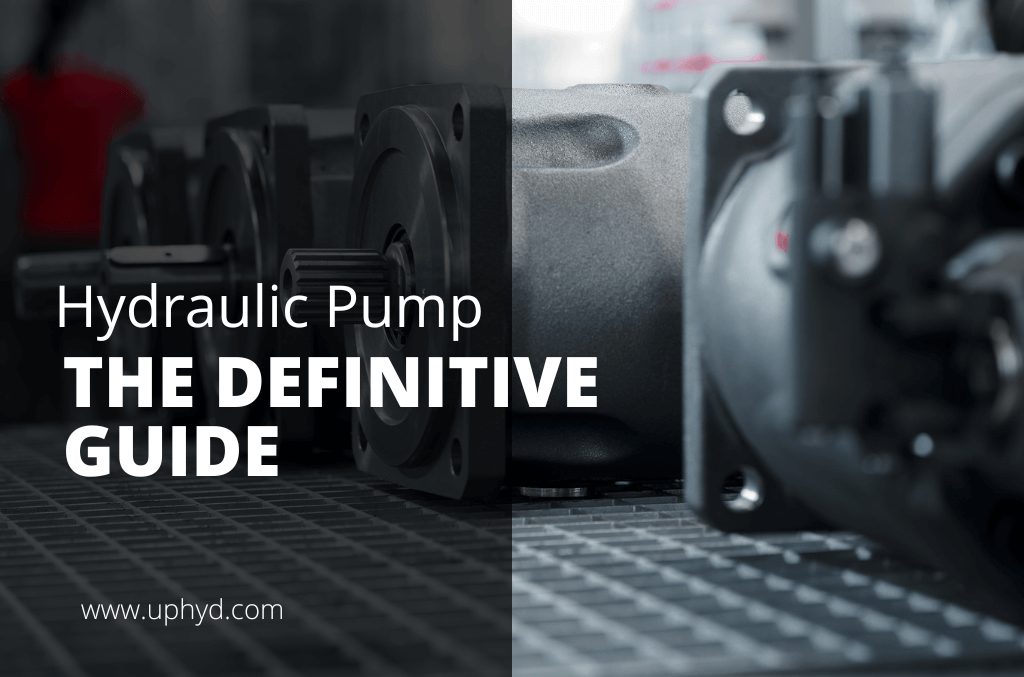
Find everything you need to know about hydraulic pumps in this comprehensive guide.


